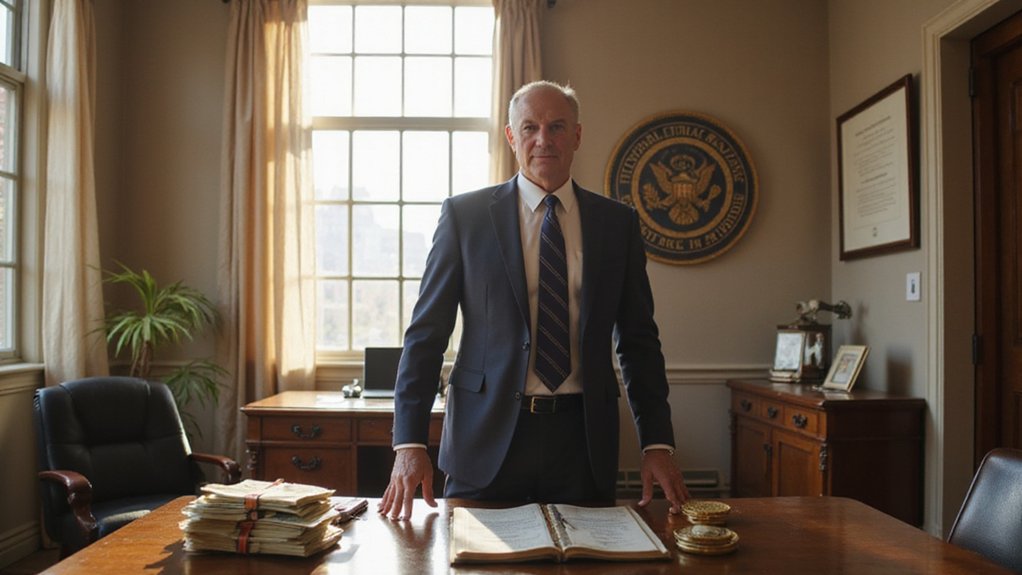While the UK government has spent years oscillating between crypto skepticism and tentative embrace—a regulatory dance that would make even the most seasoned Bitcoin maximalist dizzy—Westminster has finally decided to plant its flag firmly in the digital asset landscape with a thorough framework that brings cryptoassets under the Financial Services and Markets Act 2000.
The thorough overhaul introduces six new regulated activities through the Cryptoassets Order 2025, encompassing everything from crypto trading to custody services with the sort of regulatory enthusiasm typically reserved for traditional banking.
The timing couldn’t be more pertinent, considering approximately 12% of UK adults—roughly 7 million people—now own or have previously owned cryptoassets, a dramatic surge from a mere 4% in 2021.
The crypto adoption explosion—from 4% to 12% of UK adults in just four years—has forced regulators’ hands.
This meteoric rise in adoption has coincided with an equally impressive increase in crypto-related fraud, creating what regulators might diplomatically describe as an “urgent need for intervention.”
Crypto exchanges, dealers, and agents now find themselves squarely within the regulatory perimeter, subject to capital requirements, governance standards, and market abuse rules that mirror those imposed on traditional financial institutions.
The irony isn’t lost that an industry built on decentralization and regulatory skepticism must now navigate disclosure obligations and operational resilience standards with the same diligence as century-old banking establishments.
HM Treasury’s draft legislation, published in April 2025, represents more than regulatory housekeeping—it signals the UK’s ambition to establish global leadership in digital assets while protecting consumers from the wild west atmosphere that has characterized much of the crypto space. This shift aligns with the broader market transition from speculation to tangible utility, where cryptocurrencies are increasingly valued for practical applications.
The Financial Conduct Authority has simultaneously released consultation papers on stablecoin management, seeking industry input to guarantee regulations evolve alongside market developments.
For crypto firms, compliance adjustments are no longer optional suggestions but operational imperatives. The FCA’s notoriously low 14% approval rate for crypto applications suggests that obtaining authorization will prove challenging for many firms seeking to operate in the UK market.
They must demonstrate transparency and consumer protection measures that would satisfy even the most risk-averse institutional investor.
The government’s strategy includes international coordination, particularly with US partners, suggesting a recognition that effective crypto regulation requires cross-border cooperation rather than isolated national approaches. These transatlantic discussions will explore opportunities through a planned UK-US sandbox for digital securities innovation.
This regulatory shake-up fundamentally transforms the UK’s crypto landscape from speculative playground to structured financial marketplace.









